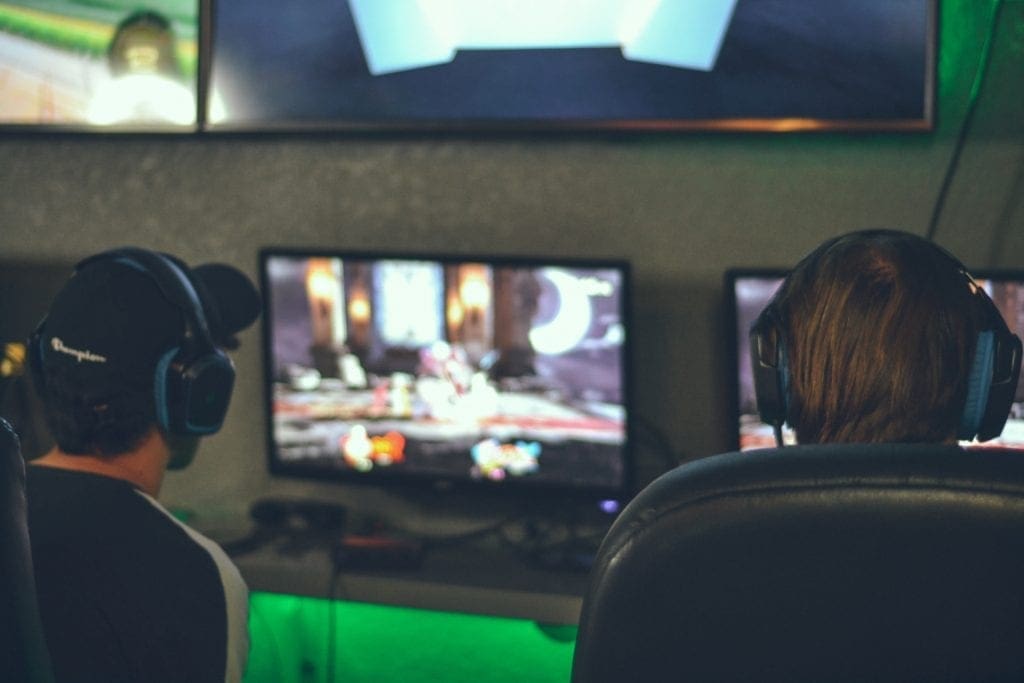Just when we think that politics can’t get any zanier, Missouri Senator Josh Hawley wants to ban “manipulative” online game features that supposedly make children addicted to video games.

Introduced on May 8. 2019, Hawley’s Protecting Children from Abusive Games Act would prohibit video game companies from “exploiting children.” Hawley cites the use of “loot boxes,” microtransactions which encourage video game players to spend money in order to advance in a specific game.
As crazy as this proposal may sound, let’s give Hawley the benefit of the doubt. There are certain studies that point to 1 to 10 percent of gamers being addicted to video games, whereas the World Health Organization contends that 3 to 4 percent suffer from video game addiction.
But we have to ask ourselves, should this require the state to be involved?
Josh Hawley is a reasonable elected official. The fact of the matter is that I actually like the family values he stands for. Unfortunately, many sectors of the Conservative movement believe these values must be enforced via the state. This couldn’t be more wrong.
When we look back at our past century of Progressive politics, we’ve seen the state usurp functions that traditionally belonged to civil society. Because of these state encroachments, civil society has effectively been crowded out by the state. Voluntary organizations and mutual aid societies provided the necessary social glue to help people when they were in dire straits.
In the case of health complications like addictions, these organizations would help rehabilitate these people and reintegrate back into normal society. This was how things worked throughout the Gilded Age (1880-1920), an era that almost seems quaint in today’s political environment of massive government.
Unfortunately, the never-ending growth of the managerial state has phased out many of these organizations. As a result, American society has become more atomized and socially aloof when it comes to addressing these problems.
Freedom comes with certain responsibilities. Yes, individuals can partake in activities that are harmful to their health, but they must assume the consequences for these actions. Even then, that does not mean the state should have to immediately step in to fix these problems. In fact, an integral part of freedom is the ability to partake in voluntary associations.
As mentioned before, civil society is often a fallback measure for those who are going through troubling times. What separated America from other societies was its emphasis on voluntary charity and civic institutions that helped those in need. It did not need a heavy-handed state to carry out these actions. However, American culture has changed significantly thanks to the unprecedented growth in government during the past century.
Senator Hawley may be onto something about addiction. As an American citizen, he has every right to raise awareness about the issue. However, a line must be drawn when government intervention is brought into the equation. Instead, Hawley and his ilk can set the example by re-vitalizing civil society via private, voluntary means.
When it comes to addictions, America has a chronic ailment of turning to the state for solving problems.

























